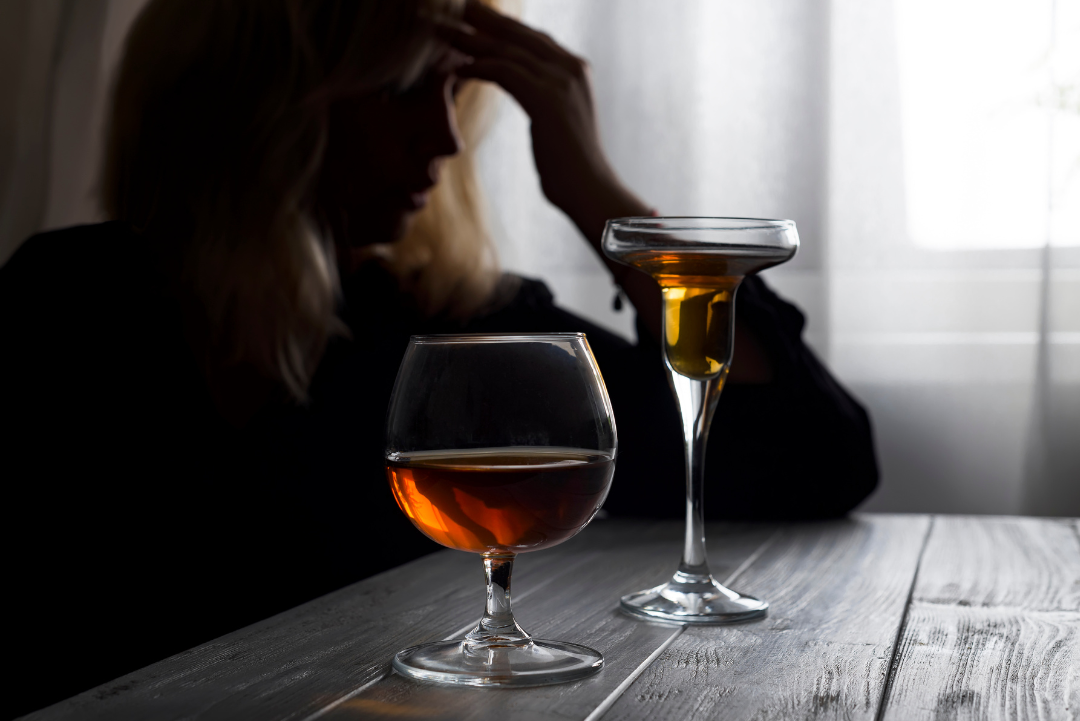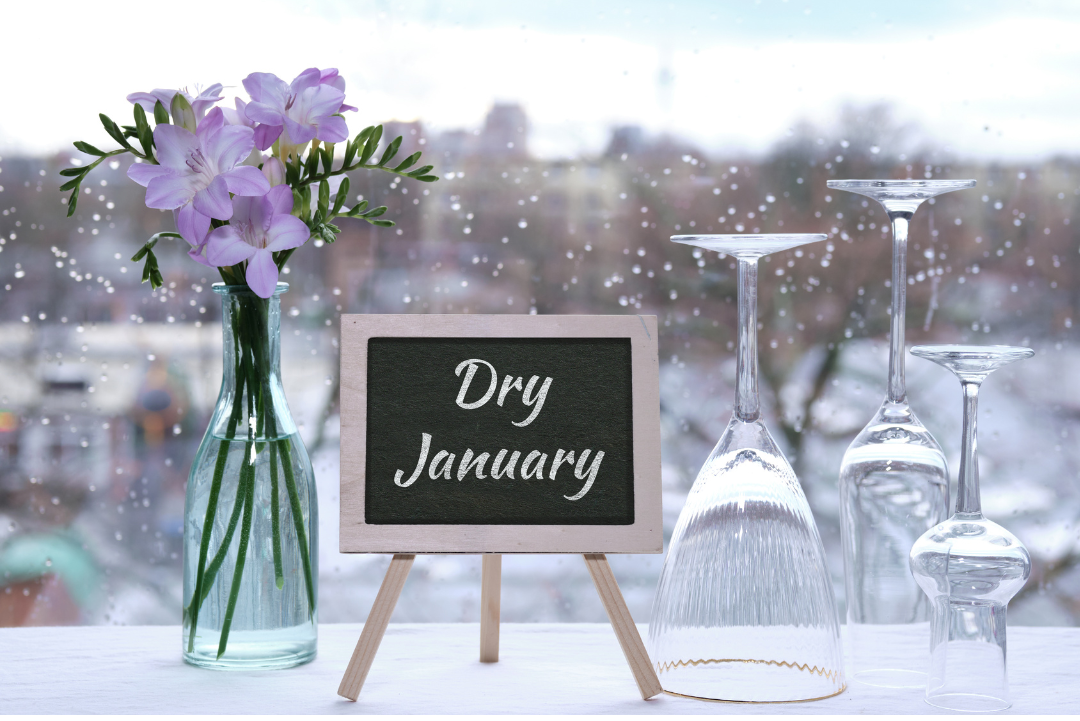Blog
What’s Your Alcohol-Free Fun Plan? And Why You Need One
When we take alcohol out of our lives, we need to add more fun in. If alcohol has been our main source of fun for years, then we need to replace it with activities, events, and people that light us up and make life more enjoyable. Otherwise, we start thinking an alcohol-free life is boring, flat, and uninspiring – and that’s just not the case.
5 Signs Alcohol Is Exacerbating Your Menopause Symptoms
From hot flashes and mood swings to interrupted sleep, menopause symptoms are exacerbated by drinking alcohol. In perimenopause, menopause and post-menopause, hormone levels change dramatically and so do the enzymes that process everything we eat and drink. As we age, women have smaller amounts of alcohol dehydrogenase, an enzyme that metabolises alcohol in the stomach.
That means women absorb more alcohol (than men) into their bloodstream. Symptoms of menopause are then exacerbated like hot flashes, mood swings and insomnia. Even bone density.
Why Do People Try to Derail Your Sobriety? And What to Do
When you quit drinking, it feels like people will go out of their way to question you. But why? For how long? Why would you? Some will even try to derail your efforts. They’re used to you showing up for them in a certain way (often as a drinking buddy) and it doesn’t suit them when you change. It can be confronting to them that you are changing your relationship with alcohol - when they can’t.
So, why do partners, loved ones, friends, colleagues or even neighbours try to derail your sobriety?
Going Alcohol-Free in January? Here’s What NOT To Do
If you’re going alcohol-free in January, there’s a lot you can do to set yourself up for success. You can write down your Why, tell your friends and family, and stock the fridge full of delicious AF drinks. You can clear your calendar of boozy events and start thinking of ways to treat yourself – without alcohol. Then there are the things I would encourage you NOT to do…
How to socialise sober this Christmas
Are you wondering how the hell you’re going to manage your first Christmas without booze? And with that comes all the questioning from friends and family. ‘Why aren’t you drinking?’ or ‘Just have one’ or ‘Don’t be so boring – it’s Christmas’. Well - read on for all my top tips around socialising without booze this Christmas and still having a GREAT time!
It’s my 5th Sober Christmas – Here’s How I Feel
It’s my fifth sober Christmas and the way I feel surprises me. I feel overwhelmingly grateful for the decision I made in April 2019, to remove alcohol from my life altogether.
My last boozy Christmas was in 2018 when my drinking was at its highest. I was looking for giddy oblivion, but it didn't come. I was drinking more and more to get the high I craved but I just didn't get there. In hindsight my body was tired and tolerant after an alcohol-fueled lead-up to Christmas Day.
What Our Kids Actually Think About Our Drinking: Why it helps to change how we role model alcohol
When it comes to parenting and drinking: The kids are watching. We may think a glass of wine in the afternoon or a rush to get them to bed so we can ‘relax’ is going unnoticed by the kids - but it isn’t. So, how does our drinking impact our kids? And why is it helpful to change how we role model alcohol to young teens?
How To Use Sobriety to Support Your Nervous System This Christmas
Christmas often arrives with a whirlwind of festivities, expectations, and an overwhelming To Do list. The pressure to create the ‘perfect’ celebration can leave us feeling stressed and drained. Let's embrace a different approach — one that prioritises sobriety, and self-care. It's time to take a few things off our plates, forget about unrealistic expectations, and make space for a Christmas that nourishes our wellbeing.
Connection, Women, and Oxytocin: Why They Are Linked and Why It Matters
Connection is a fundamental human need, and women have a unique relationship with it. The hormone oxytocin, often referred to as the "love hormone" or "bonding hormone," is profoundly boosted when women connect with each other. Understanding the link between emotional and physical connection, women, and oxytocin, is incredibly important for our wellbeing.
Are You Sick & Tired of Feeling Sick & Tired? How Women Can Reclaim Their Energy & Create Fuller, More Fulfilling Lives
In a recent poll of my online community, I asked what the obstacles were to them living their best lives. Three things became clear: they lack self-belief, and they are drained of energy and motivation. They are feeling fed up and exhausted. Being a modern working woman puts a slow and steady drip on our energy and confidence. We sometimes don't even realise we've become a shell of ourselves until it becomes our new 'normal'. So, how can women fight this fed up feeling and reinvigorate our confidence and our lives?
Sugar Cravings and Sobriety: What's Going On?
Sugar cravings and sobriety- what’s going on? You may have given up drinking successfully but now your sugar cravings feel intense and overwhelming. Don’t panic. This is common. Alcohol and sugar light up the same reward centre in the brain. Sugar can also be an emotional crutch through stress and let’s face it – early sobriety can be stressful So, here’s what’s going on with those sugar cravings in sobriety and what to do about them.
My Son Is Turning 14: The Age I Started Drinking. What Do I Tell Him?
As a Grey Area Drinking Coach, I find myself in an uncomfortable position when it comes to talking about alcohol with my soon-to-be 14-year-old son. I started drinking alcohol at the very same age. I want to protect him from the pitfalls and risks I experienced while also giving him self-agency and trust he will make responsible choices. This is not an easy balance, but here's how I talk to my son about alcohol…
5 Ways to Manage Sugar Cravings When You Quit Drinking
Sobriety often comes with an unexpected challenge – sugar cravings. These cravings, fueled by the body's physiological and psychological response to alcohol withdrawal, can feel overwhelming, and out of control. While it’s okay to give in to sugar cravings in the very early days of sobriety, if you’re ready to take on your sugar addiction and manage cravings, it can be done.
How To Approach Sex When You’re Newly Sober
Approaching sex when you’re newly sober can feel awkward. It can make you feel vulnerable and self-conscious – even with a long-term partner. That’s because so many of us have only ever had sex with a few drinks under our belt. So, how do you approach sex when you’re newly sober?
With self-exploration and compassion, staying in the moment, and feeling all the feels.
Why Sugar Cravings Feel Out of Control When You Quit Drinking (And What To Do)
If you’ve never been a sweet tooth before, intense sugar cravings after quitting alcohol can feel overwhelming. While a little sugar in the early days of sobriety is normal and can be part of the process of going alcohol-free, too much of the sweet stuff just isn’t good for you. Here’s why sugar cravings feel out of control – and what you can do about them.
10 Tips for Navigating Friendships in Our 40s When One of You Is Alcohol Free
As we get older, our friendships change. Our circle gets smaller and tighter, and because time is more precious, we often spend time together enjoying a shared pursuit. That might include walking or going to yoga together. For many, it means unwinding with a few glasses of wine. ‘Catching up for a drink’ or ‘Popping by for a drink’ is often how friendships are maintained in our 40s and beyond. Sometimes friendships that have been built on drinking, mean we only know each other in this setting. It feels familiar, comfortable, and habitual.
Until one of you goes alcohol-free
Changing Australian Workplace Drinking Culture: A Call for a Healthier and Inclusive Approach
Australia’s leading Grey Area Drinking Coach, Sarah Rusbatch, is championing the need for a transformative shift in Australian workplace drinking culture.
With workplace celebrations, networking events, and knock-off gatherings predominantly revolving around alcohol, there exists a prevalent phenomenon of ‘sober shaming’, placing pressure on individuals who choose not to drink.
6 Ways to Support a Grey Area Drinker (who might be battling in secret)
Many people struggle with alcohol addiction, but not all of them fit the stereotype of "alcoholic” or even present as problematic drinker. They might be high functioning and battling their relationship with alcohol in secret. Grey area drinking is common, and if you suspect someone you love needs help, it’s crucial to offer them empathy, support, and understanding.
Why We Need to Rethink Australian Drinking Culture This July
Every year, thousands of Aussies take part in a much-needed break from alcohol in July. But let's ask ourselves why we only find it socially acceptable to pause our drinking habits for one month of the year? With Australia recently earning the title of having the world's biggest binge drinking culture, and alcohol being linked to more than 60 diseases, it's time to embrace sobriety throughout the entire year without facing peer pressure or ridicule.
Why We Should Choose Authentic Joy Over Instant Gratification in Drinking
In a fast-paced world where instant gratification is readily available, it's crucial to recognize the importance of seeking authentic joy over quick fixes. Especially when it comes to drinking. While booze may give you a quick fix and dopamine hit, opting for authentic enjoyment can have a profound impact on your overall wellbeing.
Here's the problem with instant gratification… The ‘high’ we get from activities like drinking alcohol, gambling, drugs, or retail therapy, leaves us feeling empty afterwards. We often feel regret and remorse. Authentic joy, on the other hand, leaves us feeling satiated or nourished. That’s because it’s coming from an authentic place, and isn’t trying to “fill” a hole or numb an emotion.




















